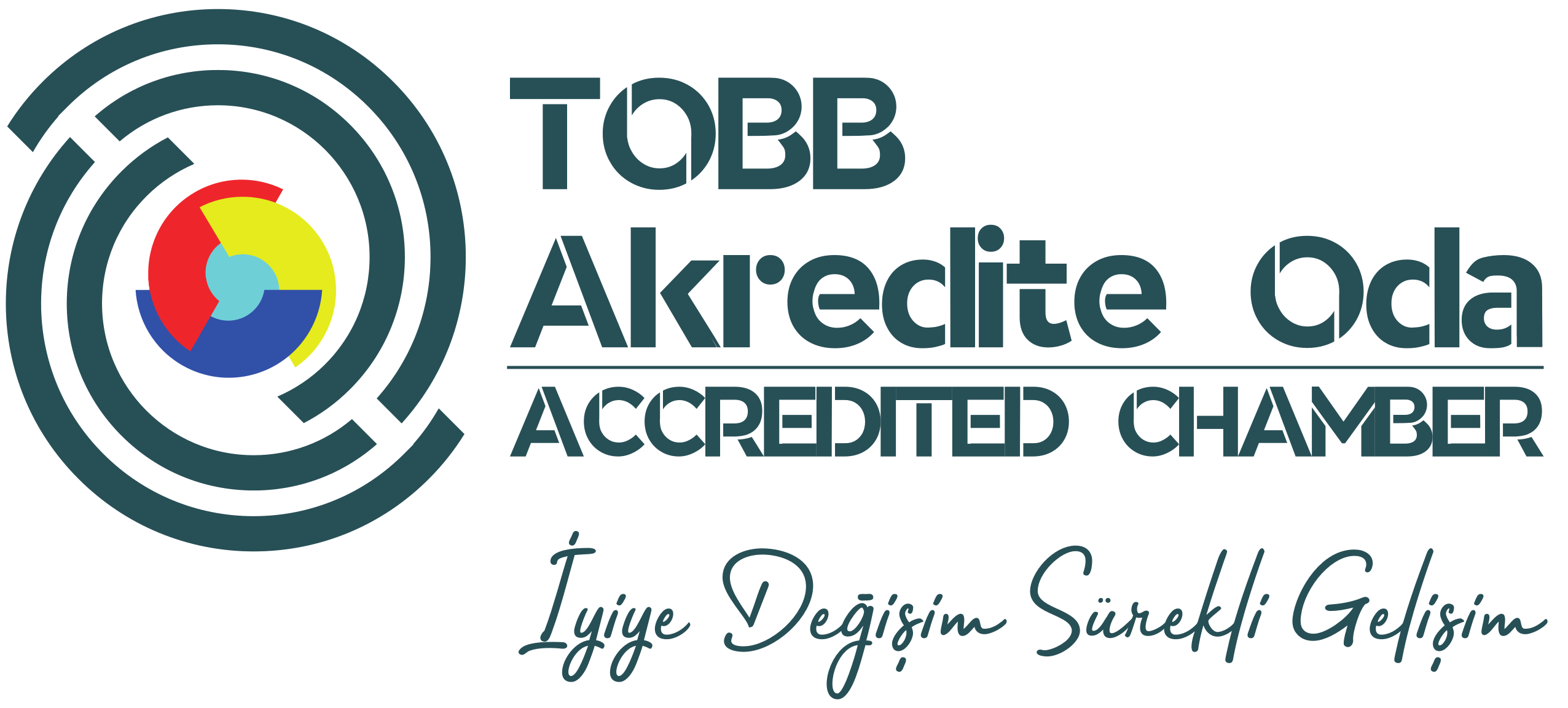Etüd Birimi, Fatura tasdiki işlemleri ve Tokat iş piyasasındaki mal ve hizmetlerin, rayiç fiyatlarının bilgilerinin ilgili firmalardan alınarak talepte bulunan kurum veya kuruluşlara bildirilmesi aşamasındaki tüm işlemleri kapsar.
Rayiç Fiyat Tespiti
Oda Muamelat Yönetmeliğinin 35. Maddesi;
Odalar ve bunların şubeleri, çalışma alanları içerisinde üretilen veya satılan mal ve hizmetlerin fiyat tespitini yapmaya yetkilidir. Ancak, imalata ilişkin fiyat tespitlerinde yetki münhasıran imalatın yapıldığı yerdeki Sanayi Odasına veya Ticaret ve Sanayi Odasına aittir.
Rayiç fiyat tespiti, yazılı talep üzerine yapılır. Talepte bulunanlar, mal veya hizmetin fiyatını etkileyecek hususları açıkça yazılarında belirtir.
Tespit edilen rayiç fiyatlar, benzer taleplerde yararlanılmak üzere sınıflandırılarak dosyalanır. Bu dosyadaki bilgiler elektronik ortama aktarılarak da kullanılabilir.
Rayiç Fiyat Tespit Usulü:
Oda Muamelat Yönetmeliğinin 36. Maddesi;
Rayiç fiyatlar, fiyat tespiti istenilen mal veya hizmetle iştigal eden en az üç işletmeden mümkünse belgelendirmek sureti ile alınacak fiyatların ortalaması veya birbirine en yakın değeri dikkate alınarak tespit edilir. Bu sayıda işletmenin bulunmaması halinde, kaç işletmeden fiyat alındığı ayrıca belirtilir. Borsaya tabi maddelerin rayiç fiyatı, istenilen tarihte borsada tescil edilen fiyatlar dikkate alınarak belirlenir.
Rayiç fiyat tespitinin istenildiği tarihte fiyat tespiti istenen mal veya hizmetin piyasada bulunmaması veya görünmemesi halinde, bu durum yazılı olarak ilgililere bildirilir.
Geçmiş Yıllara Ait Rayiç Fiyat:
Oda Muamelat Yönetmeliğinin 37. Maddesi;
herhangi bir mal veya hizmetin geçmiş bir tarihe ait rayiç fiyatının talep edilmesi halinde, bu talip bahse konu mal veya hizmetin varsa o tarihe ait fiyat tespitlerinden, yoksa bu konuda iştigal eden işletmelerden tahkik edilerek karşılanır. Ancak, Odaların veya bunların şubelerinin, resmi makamların talepleri dışında geçmiş yıllara ait rayiç fiyatları işletmeler nezdinde tahkik etme zorunluluğu bulunmamaktadır. Geçmiş yıllara ait rayiç fiyat tespitleri, Odayı veya bunların şubelerini hukuken bağlamaz.
Faturaların Rayice uygunluğunun Onayı:
Oda Muamelat Yönetmeliğinin 38. Maddesi;
faturaların rayice uygunluğunun onayı; fatura konu mal ve hizmetle iştigal eden en az üç işletmeden belgelendirilmek sureti ile alınacak fiyatların ortalaması veya alınan fiyatlardan birbirine en yakın olanlar dikkate alınarak yapılır. Bu sayıda işletmenin bulunmaması halinde, ilgili meslek komitesinin görüşü veya gerekli durumlarda meclis tarafından onaylanan eksper listeleri arasından yönetim kurulu kararı ile görevlendirilerek eksper heyetinin raporu üzerine işlem yapılır. Ancak; özel imalata ilişkin faturaların, görevlendirilerek eksper heyeti tarafından düzenlenecek rapora göre onaylanması zorunludur. Onay işlemi, fatura asılları üzerine yapılır.
Rayice uygunluğu istenen fatura, özel imalatı gerektiren bir iş için düzenlemiş ise yapılan işin numunesinin faturaya eklenmesi, bu mümkün olmadığı takdirde yapılan işin teknik özelliklerini gösterir açıklama, resim ve benzeri belgelerin faturaya eklenmesi zorunludur. Proforma faturalar ile birim fiyatı belirlemek için düzenlenen faturalar alım satım akdi hukuken gerçekleşmediğinden onaylanmaz. Ancak; birim fiyatı belirlemek için düzenlenen faturalarda işin tamamının belirtilmesi halinde bu faturaların onaylanması mümkündür. Ayrıca, sadece montaj, işçilik veya nakliye bedeli için düzenlenen faturalar ile malzeme fiyatı, işçilik, nakliye ve montaj bedeli dahil olarak düzenlenen faturalar, fiyat tespiti usullerinin uygulanmasına imkan vermediğinden onaylanmaz.
Faturaların tasdiki, satış yapan veya faturayı düzenleyen satıcının bulunduğu yer Odası veya şubesi tarafından yapılır. Projeye müstenit özel imalatlara ilişkin fatura tasdikleri ise, bu maddede belirtilen usul ve esaslara göre satışı yapan ve faturayı düzenleyen satıcının bulunduğu yer Sanayi Odasınca veya Ticaret ve Sanayi Odasınca, bu Odalarca yapılamaması ve bu hususun tevsik edilmesi durumunda ise en yakın Sanayi Odası veya Ticaret ve Sanayi Odasınca yapılır.
Fatura Suretlerinin Onayı:
Oda Muamelat Yönetmeliğinin 39. Maddesi;
Fatura suretleri, asılları ile karşılaştırıldıktan ve uygunluğu görüldükten sonra üzerine aslının aynıdır ibaresi konulmak sureti ile onaylanır.
İhracat için yabancı dilde düzenlemiş fatura suretleri, faturayı düzenleyen firmanın Oda üyesi olduğuna dair bir konulmak sureti ile onaylanır.
Fiyat Tahminleri ve Yaklaşık Maliyet:
Oda Muamelat Yönetmeliğinin 40. Maddesi;
fiyat tahminleri ile kamu kurum ve kuruluşları tarafından ihalelere ilişkin olarak istenen yaklaşık maliyetler, çalışma alanında yapılacak araştırmalar sonucunda veya ilgili meslek komitesinin görüşü alınmak sureti ile yapılır. Ancak, bu tahminler Odayı veya bunların şubelerini hukuken bağlamaz.
Fire, Zayiat ve Randıman Oranları:
Oda Muamelat Yönetmeliğinin 45. Maddesi;
Odalar, çalışma alanlarına münhasır olmak üzere gerekli gördükleri veya ilgililerin talep ettikleri maddelerin fire, zayiat ve randıman oranlarını tespit eder.
Fire, zayiat ve randıman oranları ilgili meslek komitesinin görüşü veya gerekli durumlarda yönetim kurulu tarafından görevlendirilecek eksper heyetinin raporu üzerine yönetim kurulu kararıyla tespit edilir.
Odalar, şubeleri aracılığıyla da gerekli gördükleri veya ilgililerin talep ettikleri maddelerin fire, zayiat ve randıman oranlarını tespit edebilir.
Örf, Adet ve Teammüller:
Oda Muamelat Yönetmeliğinin 46. Maddesi;
Odalar, çalışma alanları içindeki ticari ve sınai örf, adet ve teamülleri tespit eder.
Ticari ve sınai örf, adet ve teamüller, ilgili meslek komitesinin görüşü alınarak meclis kararı ile tespit edilir ve Bakanlığın onayına sunulur. Bakanlıkça onaylanan örf, adet ve teamüller, bunların kaydına mahsus deftere işlenir ve uygun vasıtalarla duyurulur. Ayrıca bunlar, Odaların ilan yerlerinde asılmak sureti ile üç ay süre ile ilan edilir.
Coğrafi bölge itibarıyla ticari ve sınai örf, adet ve teamüller, coğrafi bölge içinde kurulu bulunan tüm Odaların meclislerinin ayrı ayrı alacağı karar üzerine tespit edilir ve Bakanlığın onayına sunulur. Bakanlıkça onaylanan örf, adet ve teamüller hakkında bu maddenin ikinci fıkrası hükmü uygulanır.



